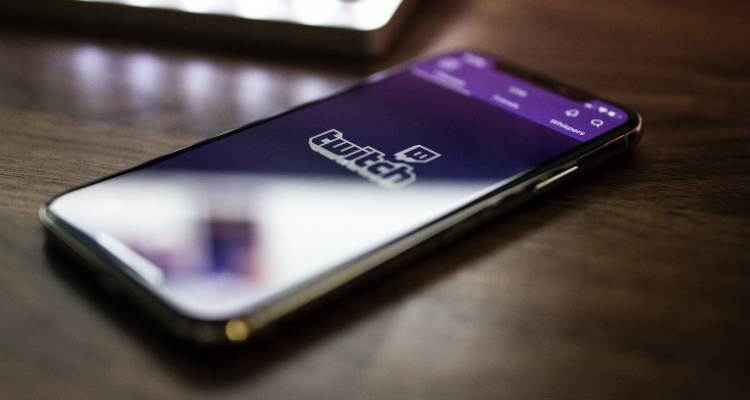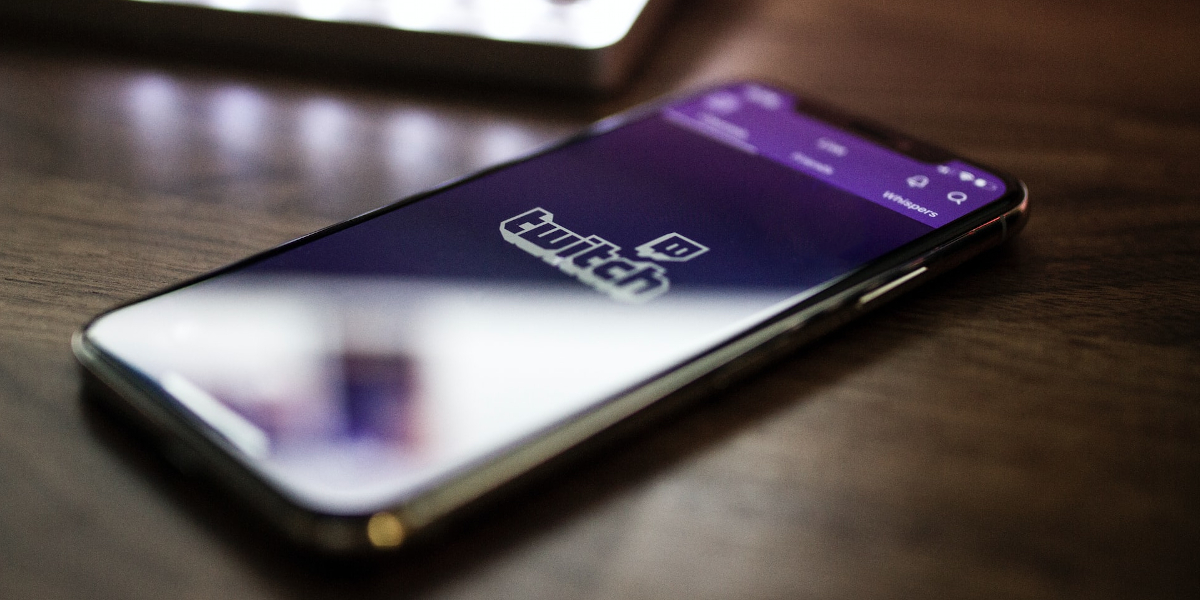
Photo Credit: Caspar Camille Rubin
In a more than 2,100-word message, Twitch has instructed its users to cease playing recorded music on their streams and delete archival footage that contains protected audio.
Twitch higher-ups recently published the expansive message, which arrives about six weeks after the rollout of the Amazon-owned company’s “Soundtrack by Twitch” catalog. The latter collection of pre-approved tracks debuted following some controversy concerning Twitch’s longstanding policy of fielding DMCA takedown notices as opposed to closing music licensing deals.
To summarize, Twitch’s indie music catalog doesn’t involve the Big Three label groups and covers only the livestreams themselves. Creators can activate the included tracks via an on-platform player, and Twitch then separates the songs’ audio from the game in the saved clips and archival footage. (Facebook Gaming has inked licensing deals with the Big Three labels and Merlin, but encourages creators to play the tracks through their preferred services. The works can remain in “short clips,” but not “long, edited videos.”)
The RIAA, the Artist Rights Alliance (ARA), and the National Music Publishers Association (NMPA) were among the high-profile organizations that subsequently took aim at Soundtrack by Twitch. “We hope you appreciate the gravity of the situation and will take proactive efforts to ensure that unlicensed music is not available on Twitch,” the organizations wrote Jeff Bezos in a letter.
Twitch’s lengthy message begins by outlining the nature of DMCA takedown requests and emphasizing that their streams had received “fewer than 50 music-related DMCA notifications each year” until May. At that point, “representatives for the major record labels started sending thousands of DMCA notifications each week,” Twitch officials write, noting also that the requests mainly center on archival footage and that they are continuing to receive “large batches” of claims.
“More than 99% of the notifications were for tracks that streamers were playing in the background of their stream,” the release proceeds, indicating that the way in which creators were notified of the potential infringements (and window they were given to address the matter) may have been less than optimal.
And in terms of how Twitch livestreamers can avoid DMCA issues moving forward, the message bluntly relays: “Most importantly, don’t play recorded music in your stream [Twitch’s emphasis] unless you own all rights in the music, or you have the permission of the necessary rights holder(s).” On the clip and archived-footage fronts, users should “go through them one by one” or utilize the “mass deletion tool” for clips specifically.
“We understand both of these options have downsides, and we’re working to provide you more and better options as soon as possible,” Twitch continues. Building upon the point, the platform, which reportedly generated about $300 million from adverts in 2019, is “actively speaking with the major record labels about potential approaches to additional licenses that would be appropriate for the Twitch service.
“That said, the current constructs for licenses that the record labels have with other services (which typically take a cut of revenue from creators for payment to record labels) make less sense for Twitch. … We’re open-minded to new structures that could work for Twitch’s unique service, but we must be clear that they may take some time to materialize or may never happen at all.”

